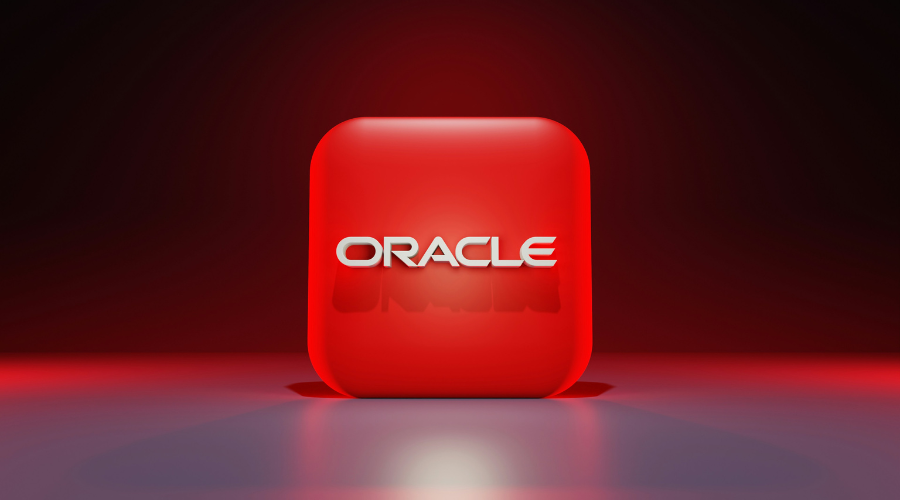The cloud wars have suddenly taken an unexpected twist, and Oracle now finds itself in the middle of it. In the past 30 days, the longtime database giant has secured a whopping $65 billion in new cloud infrastructure commitments, including a major partnership with Meta, which is reconfiguring competition in an AI world.
In this article, we will describe how Oracle catalyzed this monumental win, the implications for cloud infrastructure going forward, and why this may be a significant inflection point in the power struggle for AI computing domination.
From database leader to AI powerhouse
For many years, Oracle has represented enterprise databases and the traditional IT era. While that remains the view with some people, that perception is quickly altered. Oracle is reinventing itself as a leader in AI infrastructure, and it is evident in its recent $65 billion spending binge in the cloud.
During Oracle's AI World Conference in Las Vegas, CEO Clay Magouyrk discussed the new economic model when they "sign seven different contracts from four different customers in a month." He mentions one of the largest players was "Meta." Magouyrk asserted, "None of those customers are OpenAI," in response to the speculation of Oracle's momentum of contracts riding on OpenAI.
Magougyrk went on to explain that their deals suggest something meaningful is happening to a broad section of the market. Enterprises are looking to Oracle for large enterprise deals in a cloud that welcomes AI.
Meta’s massive bet on AI
Meta, which is expected to invest $66 billion to $72 billion in capital expenditures in 2025, has heavily invested in artificial intelligence infrastructure and cloud processing power. From more functional recommendation algorithms to Meta's future vision of its metaverse, the company must run some significant computing workloads, and Oracle is ready to deliver.
The partnership between Oracle and Meta signifies an additional diversified cloud footprint for Meta beyond Amazon and Google. Meanwhile, Oracle's advantage lies in providing Meta with higher-quality, higher-performing cloud infrastructure for its computing workloads. For Oracle, this is not simply adding Meta as a client; it serves as a successful benchmark of its cloud services' competitiveness in the industry leader domain of performance and cost efficiency.
Riding the AI infrastructure wave
The financial outlook at Oracle indicates an increasing degree of confidence. It believes that revenue from AI-based database and data platform usage is going to jump from $2.4 billion in 2025 to $20 billion by 2030, an increase of eight times, bolstered by the global AI renaissance.
Even more compelling are promises that Oracle is expected to earn gross margins of between 30–40% on these deals, which would indicate that the company has found a sustainable business model from the AI rush for revenue generation. Magouyrk also noted the company's appetite for long-term supply planning to assure that further data center capacity would go hand in hand with demand.
The bigger picture
The $65 billion boost at Oracle is more than a strong quarter; it's a signal. The company proved that it can trap mega-deals with the industry's toughest players in AI, making it a legitimate alternative to AWS, Google Cloud, and Microsoft Azure.
As companies continue to evolve their cloud strategies, Oracle's resurgence is likely to prove that there is always an opportunity for disruption in a market that was once trivially dominated by the Big Three. The company that created the world's databases is building the infrastructure driving the AI revolution, and it's just beginning.






